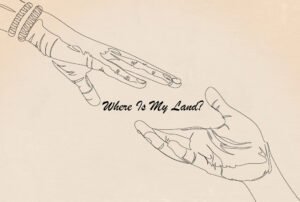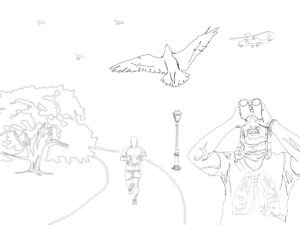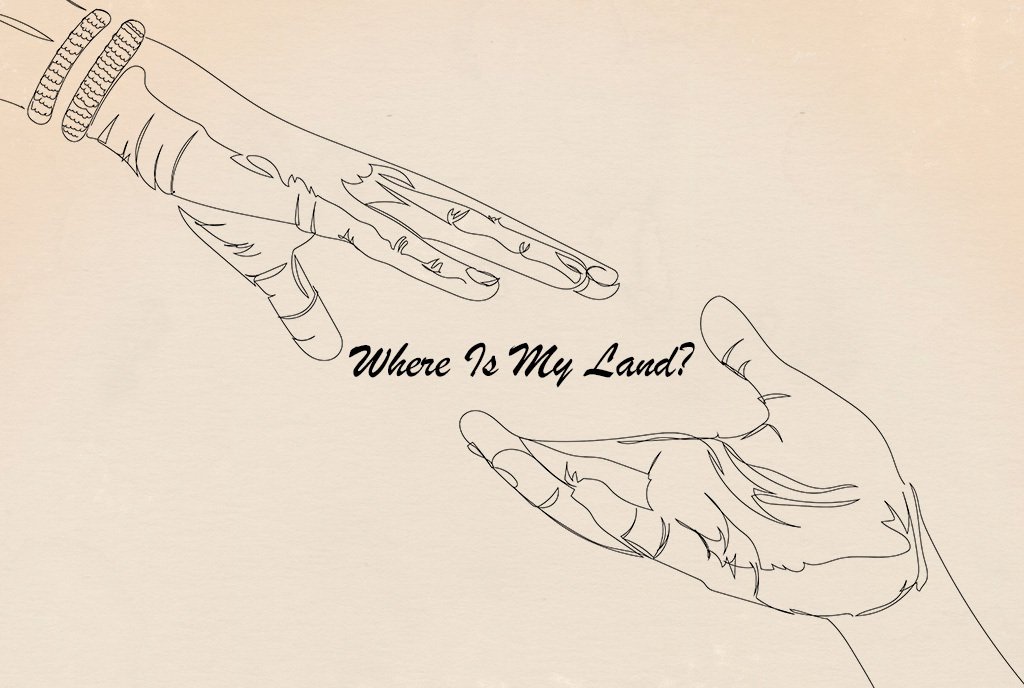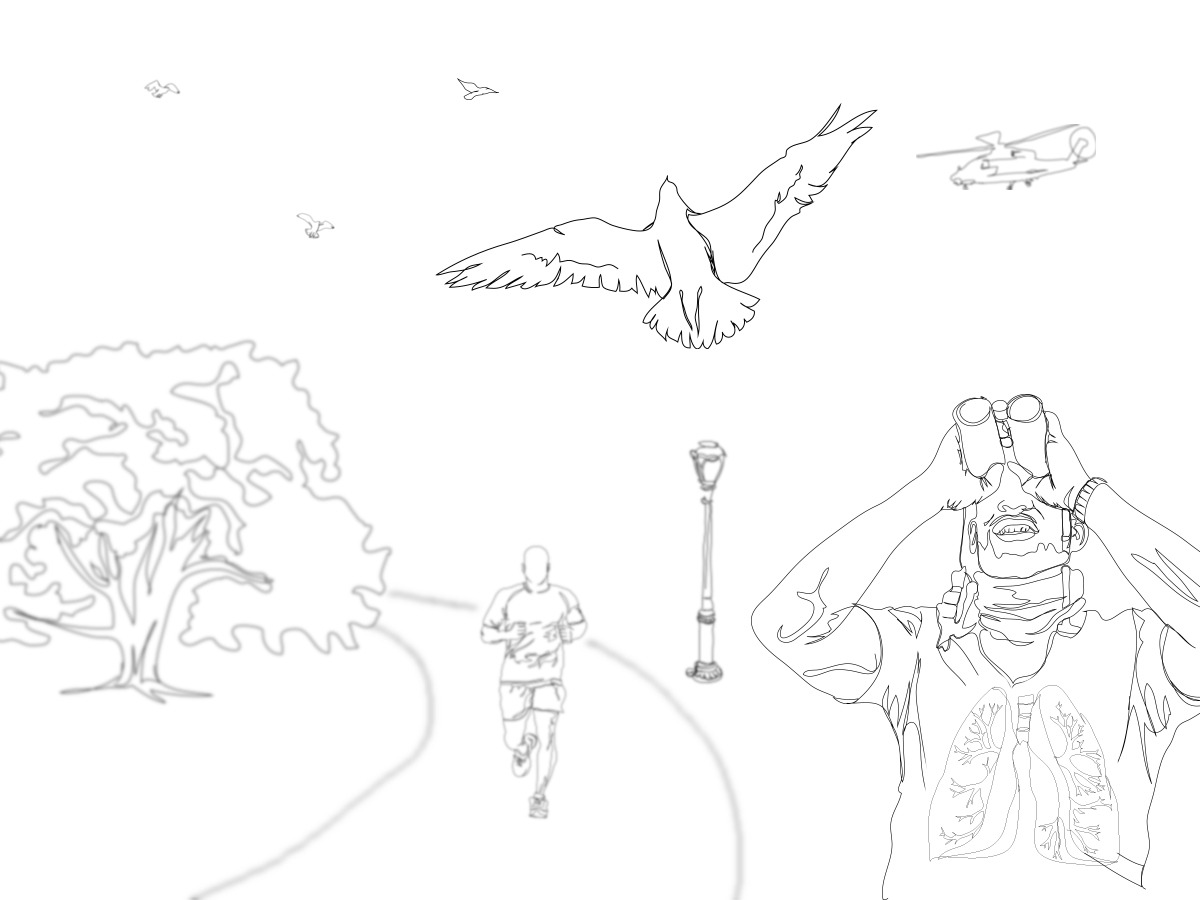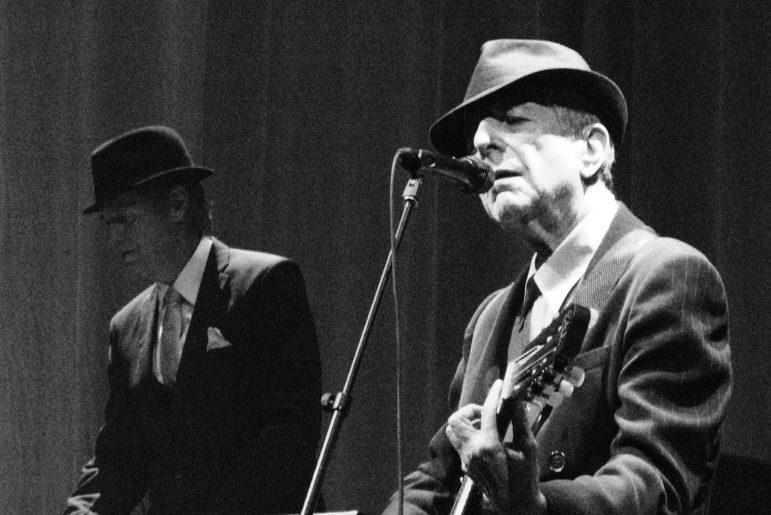
Maria Popova is a Bulgarian citizen living in Brooklyn since 2010. At least until December 2012, her beloved ad-free blog was receiving 1.2 million readers a month. You need to visit Brain Pickings to understand the appeal. Suffice it to say, her curating, philosophical observations and wondrous offerings run deep.
To help us understand the election, she evokes Leonard Cohen, who passed away last week, saying his lyrics are “a generous reminder that we must aim for ‘a revelation in the heart rather than a confrontation or a call-to-arms or a defense.’” Papova equates Cohen’s “long life of light-bearing purpose” to a life of service, that for Cohen the making of art was the same as “fighting for justice.” Papova’s own generosity of spirit is expressed here: “If you haven’t yet read David Remnick’s spectacular New Yorker profile of Cohen, quench your soul here.”
In referencing a Cohen song about the fall of the Berlin Wall, Popova, reminding the reader that she was there, shares that “the euphoria of a blind faith that democracy was coming to the East” never played out. “Ever the enchanter of nuance, he foresaw the complexity and darkness that this reach for light would unravel.”
This is not suggesting that Papova is not dismayed by how America voted. Here, not without risk as a guest of the USA, she discusses lines that Cohen deleted (Papova is famous for her research) from the song “Democracy.”
Today, as the world’s greatest superpower elects a bigoted bully with fascist tendencies for president, many of the lines Cohen left out pierce with their pertinence—lines like “Concentration camp behind a smile” and “Who really gets to profit and who really gets to pay? / Who really rides the slavery ship right into Charleston Bay?”
This is what Cohen said were the reasons why he removed these and other lyrics from the song: “I didn’t want to start a fight in the song. I wanted a revelation in the heart rather than a confrontation or a call-to-arms or a defense.”
In his Slate article, “Hey, That’s No Way to Say Goodbye” (the title of a Cohen song), Carl Wilson laments Cohen’s death at a time when America and the world need him most. Wilson writes that Cohen’s song “Democracy” proved be to “as much a threat as a promise.”
His departure right now—was his life force likewise overtaxed by this week?—feels more like the sort of joke God played on Job or Abraham, the kind of subject he liked to sing about. Cohen’s personal prophecies, as so often, turned out to be accompanied by spiritual and worldly ones, the shadow that would traverse the sky in this election, another twist in humanity’s fate.
Wilson’s article delves more into Cohen’s life and songwriting than did Papova. We learn that Cohen was mostly retired in the early 2000s when he discovered that his former business manager stole most of his life’s savings. Wilson describes the last years of his life as a sort of “stoicism” that became “a conspicuous joy,” or in Papova’s perceptive, a life of service. In Wilson’s words, “this senior citizen would spend hours at a time on stage communing with his listeners, like a kind of slow-motion Bruce Springsteen.” Wilson describes Cohen with a phrase that describes many in the nonprofit sector: “Cohen always measured his work by whether it was better than himself, whether it seemed to come from somewhere larger.”
Sign up for our free newsletters
Subscribe to NPQ's newsletters to have our top stories delivered directly to your inbox.
By signing up, you agree to our privacy policy and terms of use, and to receive messages from NPQ and our partners.
Wilson concludes his article by urging readers seeking solace and answers to read Papova’s blog post referenced above about Cohen’s song, “Democracy,” and shares the lyrics of that song that both “haunt and succor” him and seem most pertinent and helpful to him since the election.
I’m sentimental, if you know what I mean,
I love the country, but I can’t stand the scene,
And I’m neither left nor right, I’m just staying home tonight,
Getting lost in that hopeless little screen.
But I’m stubborn as those garbage bags that time cannot decay,
I’m junk, but I’m still holding up this little wild bouquet:
Democracy is coming to the USA.
Echoing Papova’s own striving for understanding and balance, Wilson ends with this counsel: “Let us not lay that bundle of flowers on Leonard Cohen’s grave today. Let’s hold it up like an unlikely, delicate sword. And press on, with his ever-bloodied but unbeaten faith.”
Saturday Night Live opened this past Saturday with Kate McKinnon, in character as Clinton, sitting at a piano, singing and playing Cohen’s slow-burning “Hallelujah. “I’m not giving up, and neither should you,” McKinnon told the live audience following her sober performance, looking directly into the camera with tears in her eyes.—James Schaffer


